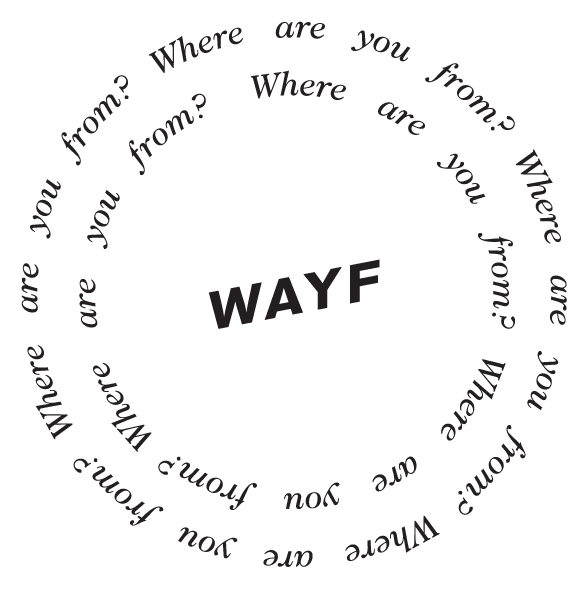Stevie from the Saddle Club
Bethany Martin
I always imagined myself as Stevie from the Saddle Club. If you aren’t familiar with the show, she’s the blonde white girl. My family and I grew up quite separate from our Filipino culture. We ate Filo foods, and had big gatherings with extended family who all spoke Tagalog—many of us shared the same mannerisms, and made the same jokes—but for the most part, we never realised those things were Filipino. We identified as white Australians, because that was how we were raised.
Nana was the first one in the country and brought the family over with her. At the time, everyone was expected to assimilate and so that’s what my family did. Obviously, we all looked different. My brother and I had darker skin than the other students at our school. There were constant microaggressions and comments made about us. My brother and I internalised it. Making fun of each other was normal and we thought it was just an Australian thing.
Navigating race and identity was very complex within our family too. I realised that not everyone had the same experience with certain relatives—some things were specific to me and my brother. It was confusing to navigate because you grow up and learn to love people unconditionally from such a young age, but love is not unconditional. The biggest lesson I’ve learned as an adult is that respect should be earned and not the default. We’re taught to respect your elders and respect your family, but now I believe that if someone is disrespectful, you don’t owe them respect in return.
Mid-high school I noticed a change of the times. It was becoming more acceptable to stand up for myself, and the casual racism so embedded in ‘Australian culture’ was becoming less tolerable. I started to reel it all in. Finally, dealing with people and telling them how we wanted to be treated made my brother and I very resilient. I learned ways to be tactical about calling people out, and these days I have no problem standing my ground. I don’t hold back.
Everyone has their own prejudices within their families. I still have to be careful about my words with both sides of mine, and for different reasons. Some days I’ll say things, drop the mic and leave. It’s not worth the argument. We’re always going to have different points of view. Recently, I’ve been trying to connect to my Filipino identity. I’m taking Tagalog classes, and I have started an exciting routine of going to Nana’s for dinner and talking around the table about different Filipino foods and new things I learned from my friends. Nana will joke and say, ‘Oh my God, there’s a Filipino here!’
I have a lot of imposter syndrome about my identity, because it’s always felt so separate. But I want to feel closer to my heritage—it’s how people perceive me.
